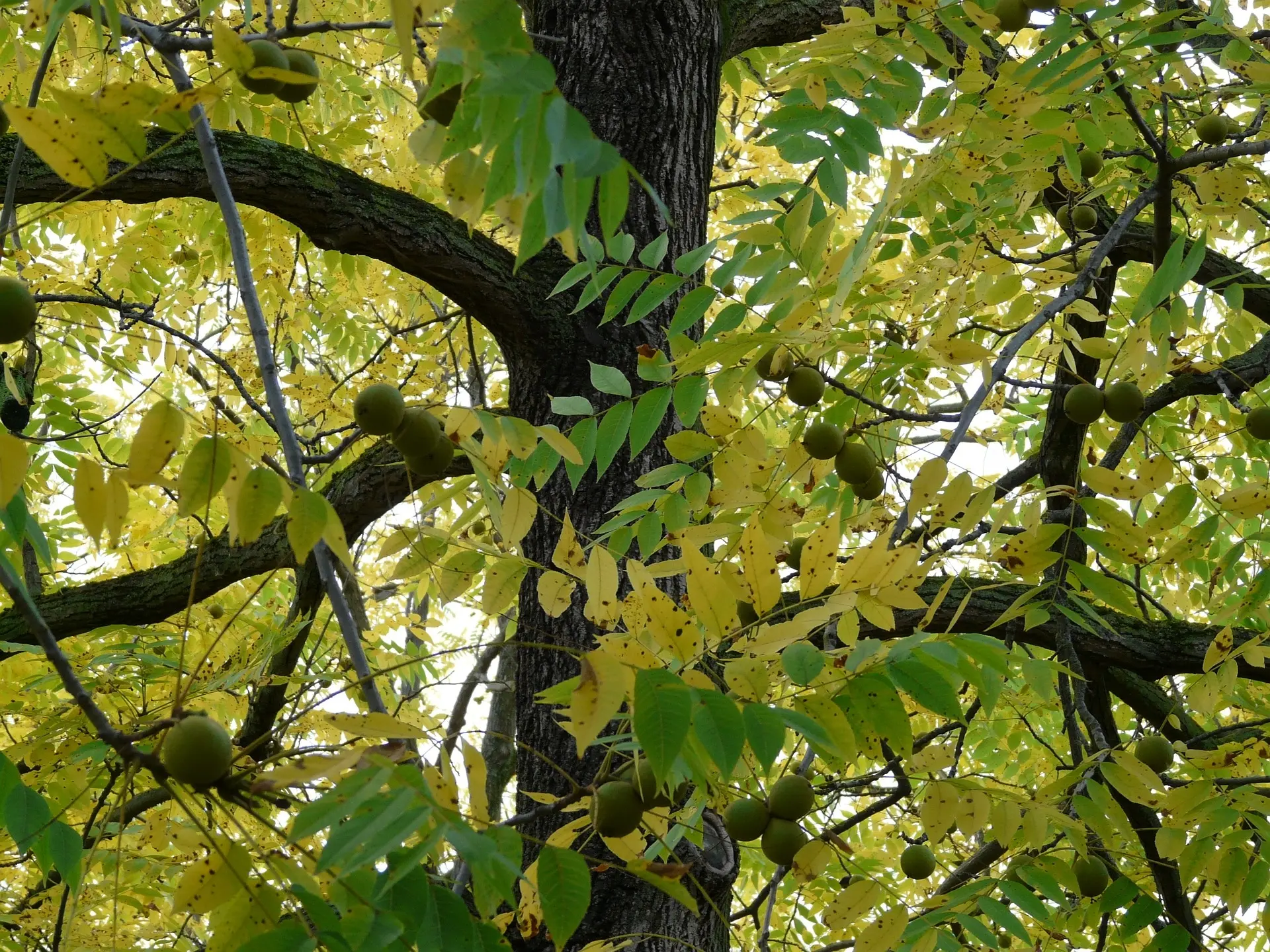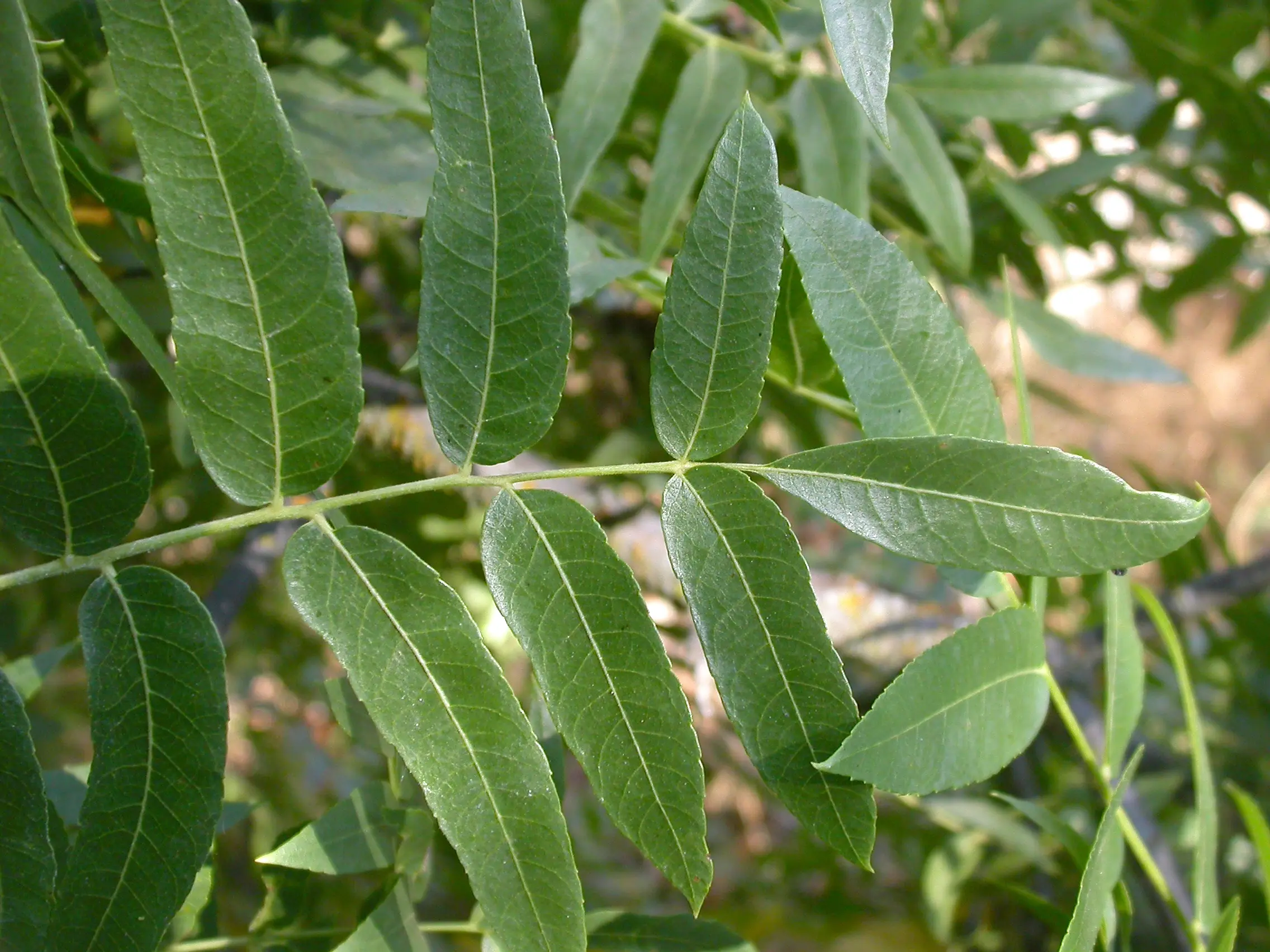
Back for another toxic plant Monday and a closer look at some of the plants that can make your horse sick. Today we are taking a look at one of the larger members of this collection of plants, the Black Walnut Tree.
A Little About Black Walnut Trees
Juglans nigra is the Black Walnut Tree which is a robust tree that has alternate leaves with smaller leaflets and the fruit is a large nut with a thick, brown husk.
How Dangerous Is It?
Generally horses will find Black Walnut unpalatable so it is a larger concern during drought conditions. However their extreme toxicity to equines means they should not be anywhere near grazing areas. It should be noted that bits of walnut can also be found in bedding and even a small amount can be dangerous.
The entire tree is toxic and can be fatal to equines.

What To Look For
You know your animal the best, so you should know when something is amiss. Black Walnut toxicity symptoms occur around 8 hours after ingestion and can include mild depression, lack of appetite, swelling of the legs, increased heart rate & heavy breathing, fever, digestive disturbances and colic.
Learn More
Be sure to check out the Black Walnut page to learn more about the plant and while you are at it why not check out more toxic plants?
*It should be noted that I’m not a veterinarian. This information is written specifically for horses and should be used for reference purposes only. If you think your horse has eaten something toxic call your vet right away.